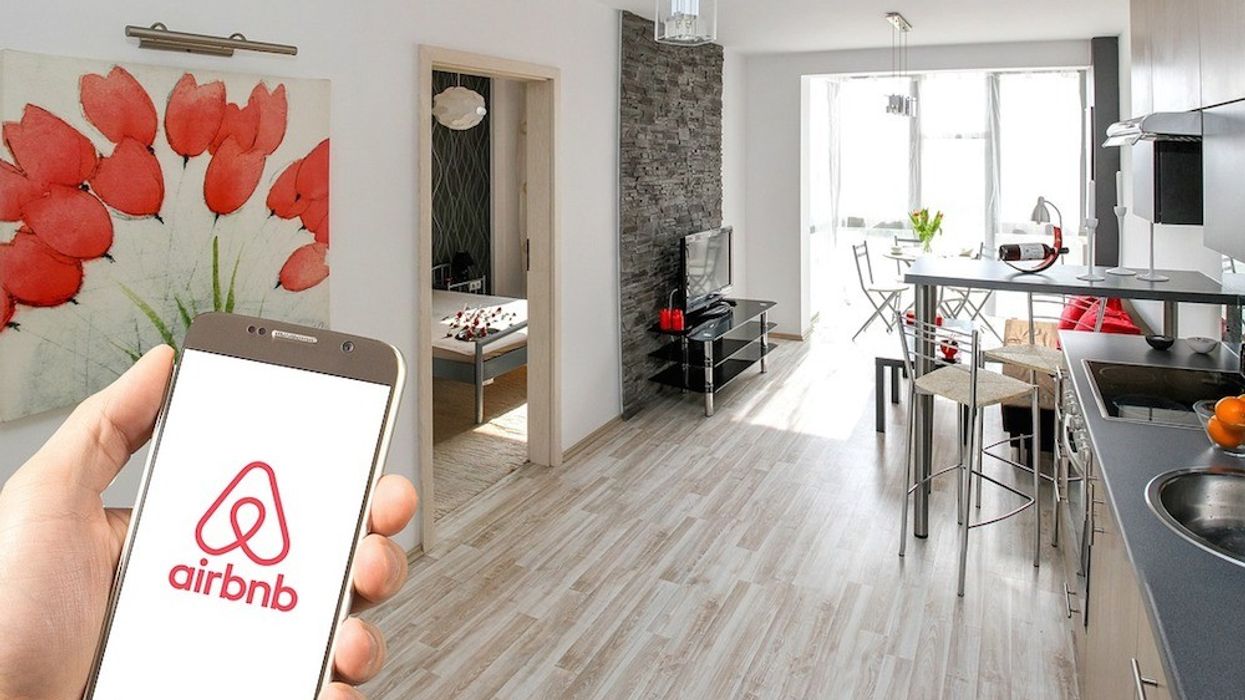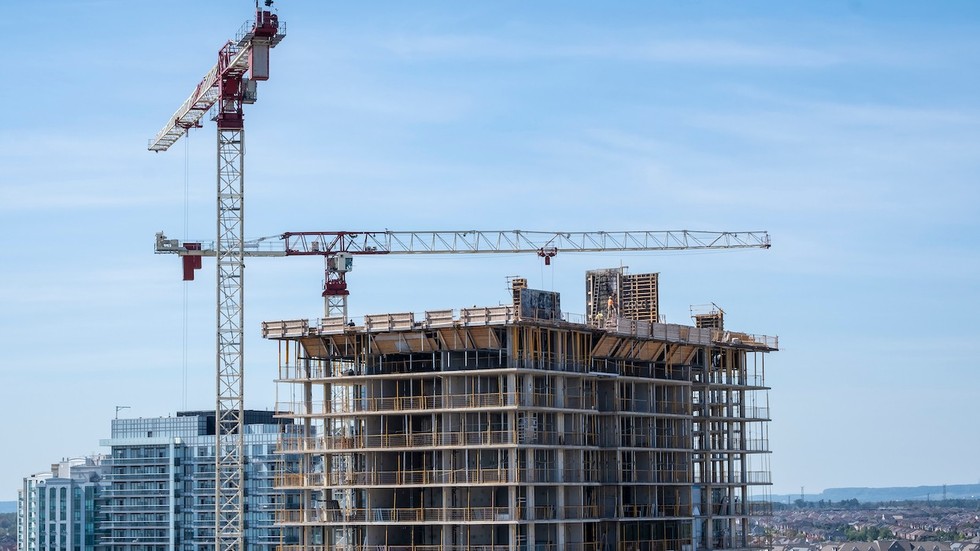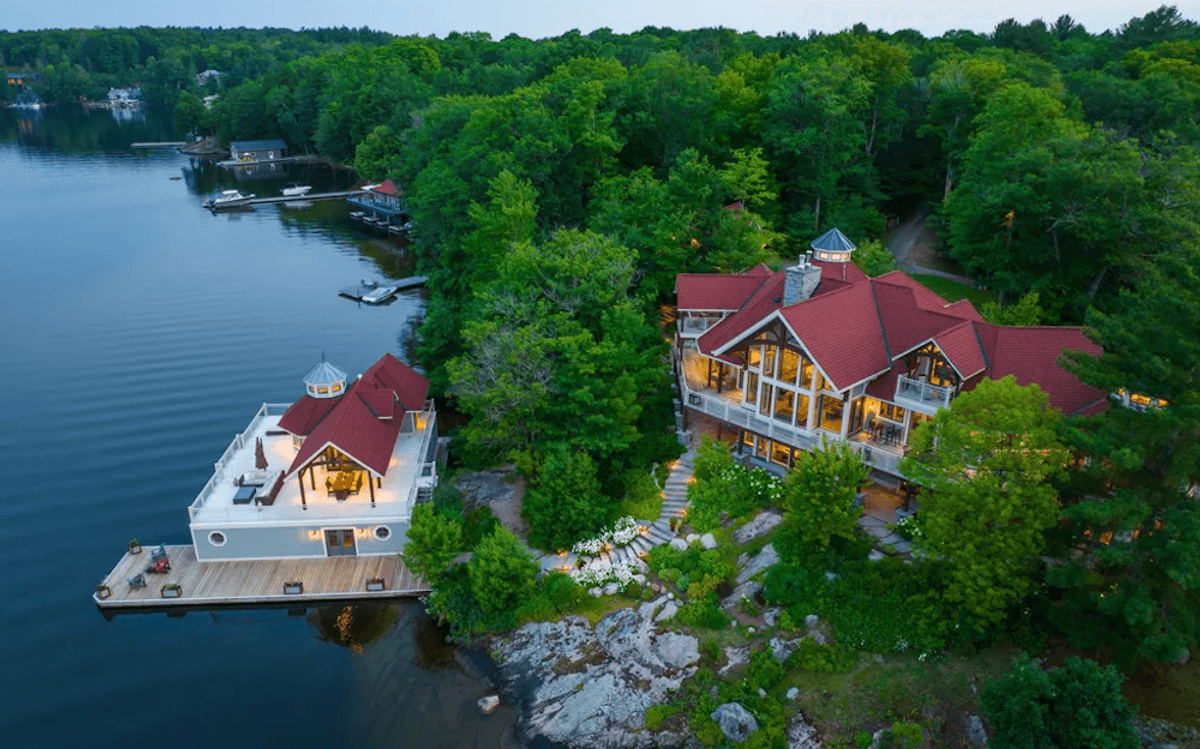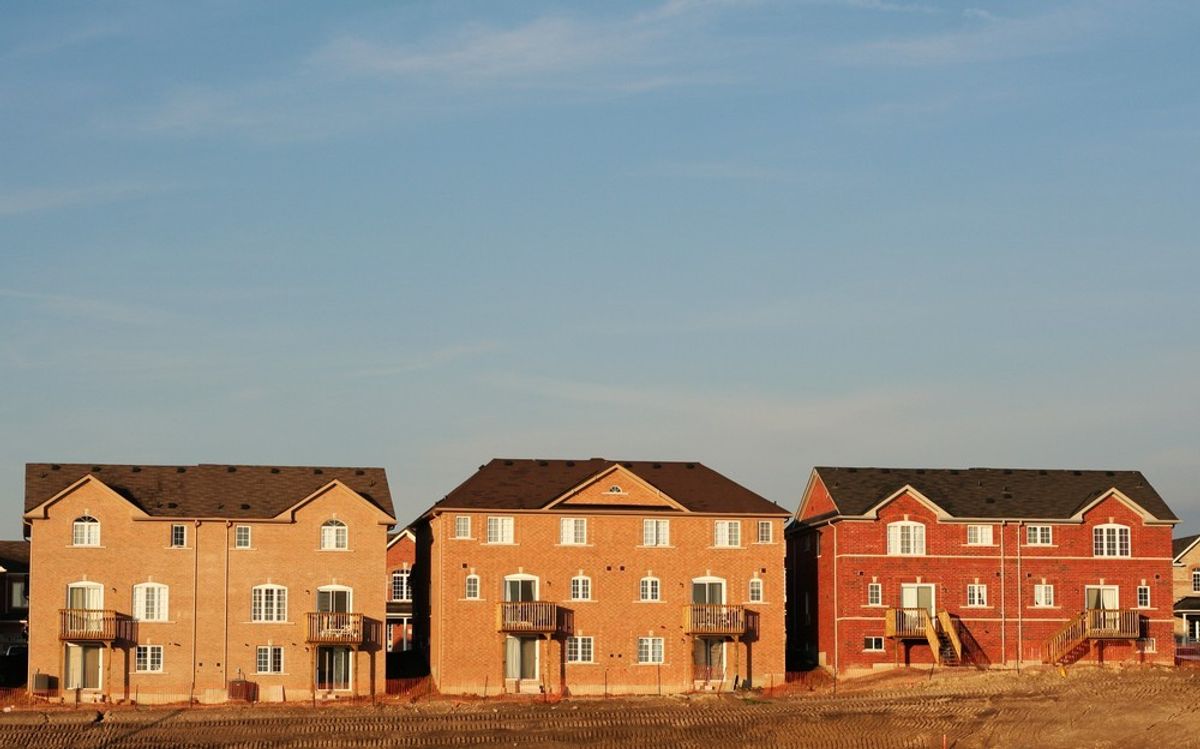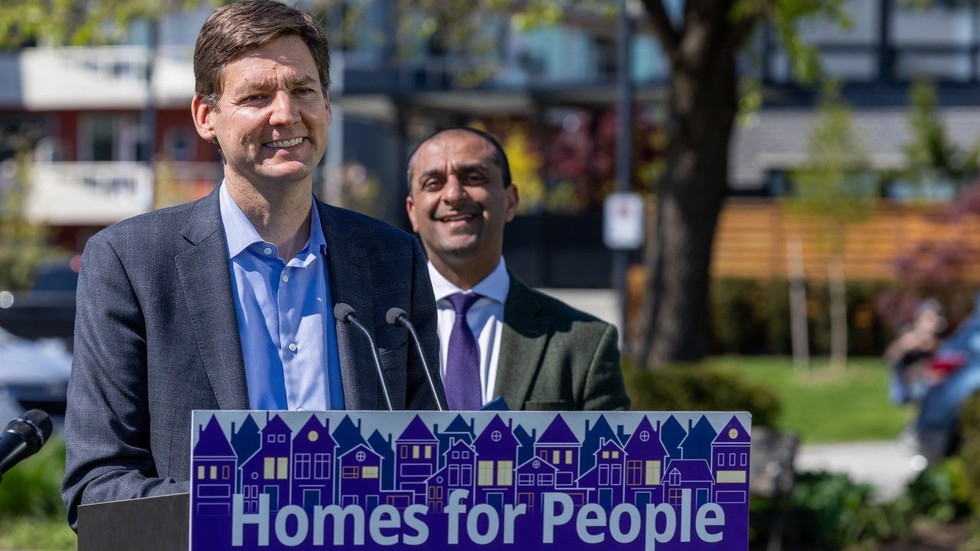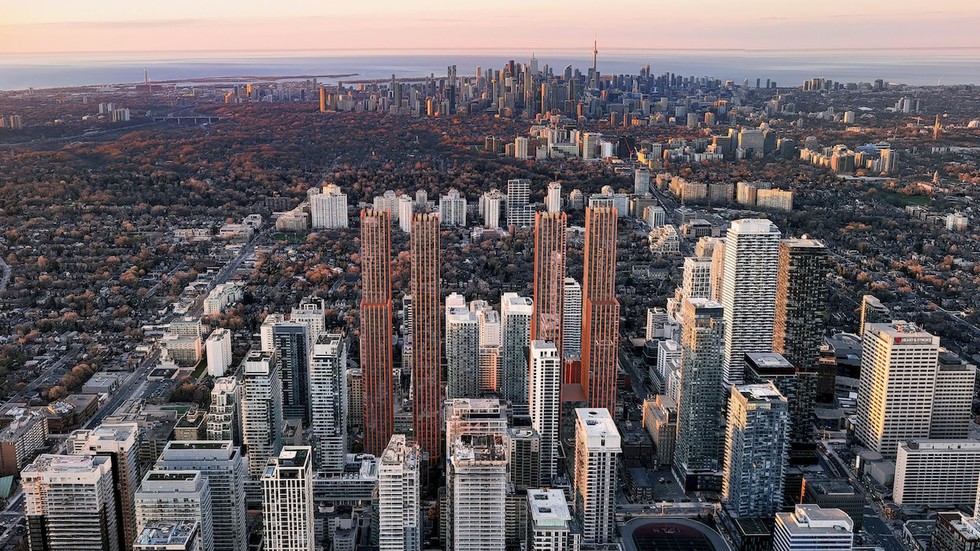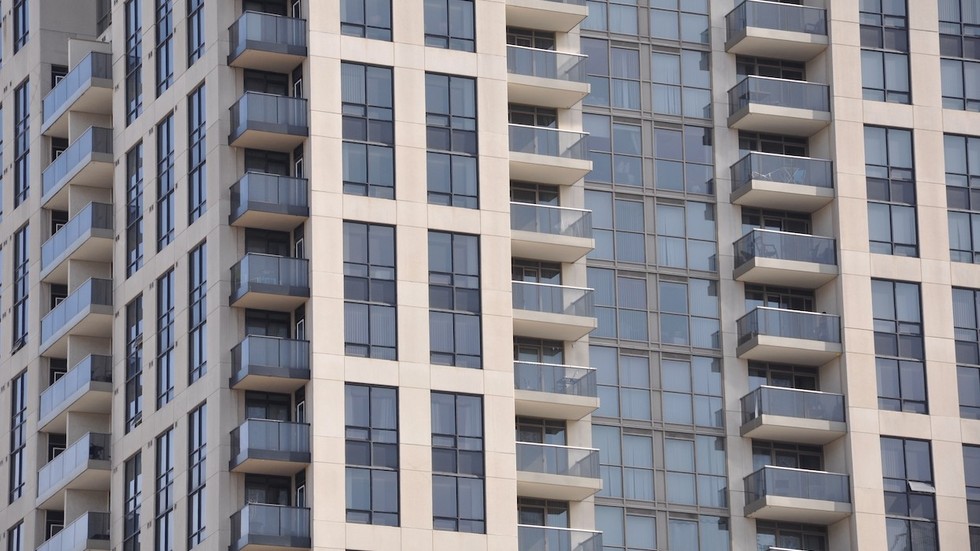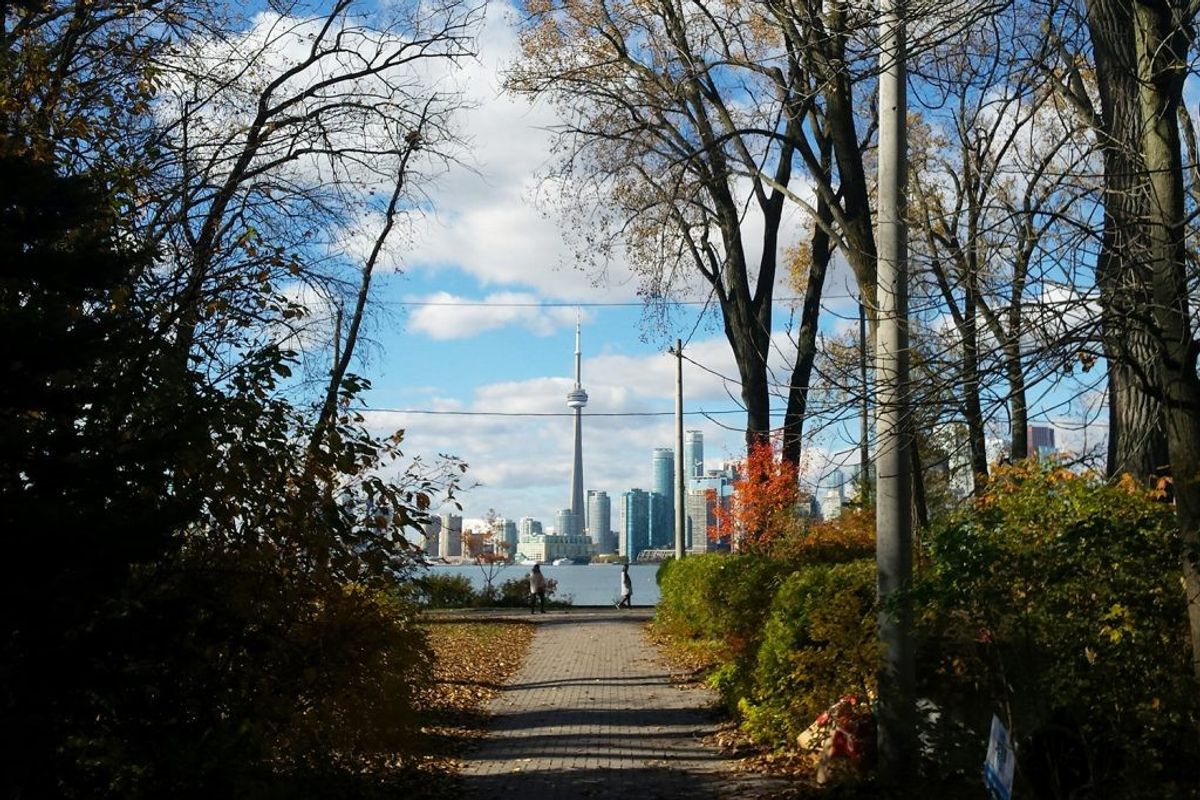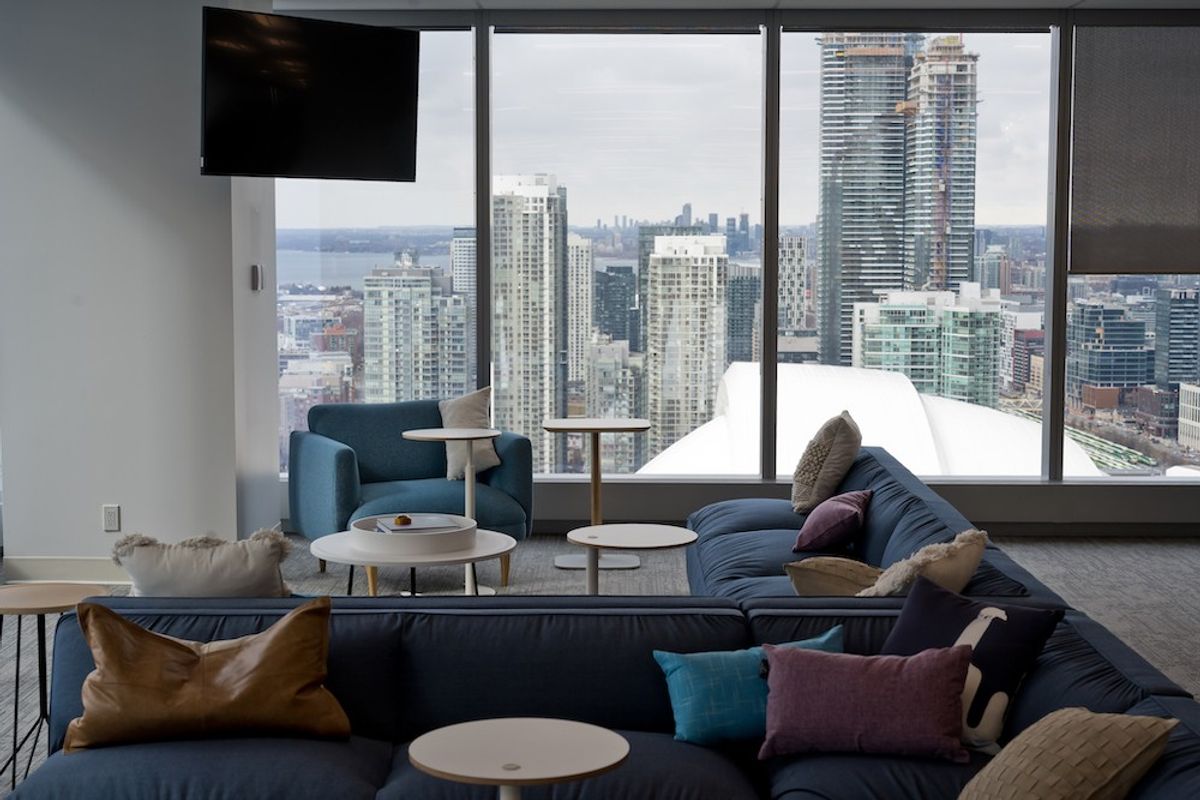From humble beginnings as a couch-surfing website to a $30-billion startup, Airbnb has transformed the travel industry in just eight years. The service connects travellers with home owners, while offering lower prices, a more personal experience and different amenities than traditional hotels.
With 15,000 Airbnb hosts in Ontario and almost 9,000 in Toronto alone, the local home-sharing industry is booming. The possibility of extra income sounds great, but are there big strings attached?
If you have a spare room or a rental property and are considering hosting guests, there are some real challenges worth considering:
Blurred Lines
Like Uber, Airbnb has experienced its fair share of growing pains. Currently the service is unregulated in Toronto, but there’s a lot of pressure on City Hall to come up with clear rules.
Critics claim that Airbnb listings are eroding Toronto’s rental market, driving down condo values and hurting the city’s hotel industry. This means as policies change, you may be hit with extra fees, taxes and restrictions. Also, the rising controversy and list of unknowns can make Airbnb a confusing business to navigate.
Condo Rules
If you’re a condo owner, short-term rentals likely violate condominium rules. For obvious reasons, condo boards don’t want strangers entering and exiting the building or using facilities. Some condos even monitor Airbnb’s website to see if units are being listed. Make sure you look into your rules and bylaws before hosting tourists.
Rental Restrictions
If you’re renting, listing your home on Airbnb is against Ontario’s Residential Tenancies Act. Under these rules, you can’t sublet your unit for more than what your landlord charges (and that would likely be the case here). Double check your lease agreement, or you could face eviction and legal action.
Risk of Damage
We’ve all heard the horror stories of Airbnb rentals gone wrong. Homes being used for brothels, drug dens and raging parties are definitely not the norm, but the risk of property damage is a real possibility.
Airbnb’s Host Guarantee covers damage and theft up to $1,000,000, but like all policies there are exclusions. Read the coverage carefully to see if it will offer you peace of mind. You can (and should) charge guests a security deposit to cover the little things like broken glasses and carpet stains.
Airbnb hosts are in high demand and there are many benefits to listing your home:
Extra Income
Airbnb is a chance to make good money through your rental property or primary residence—especially if you travel a lot or have unused rooms. You can adjust your rate based on high and low seasons and to compensate for big events in the city. You also have the flexibility to make this a regular business or an occasional venture. Some users have even managed to rely on Airbnb as their main source of income.
New Relationships
As an Airbnb host, you will get the unique chance to meet fascinating people from around the world. You can share what Toronto has to offer and highlight the spots you know and love, while giving you a heightened appreciation of your city.
Different Skills
By opening your home to guests, you will learn valuable skills like sales, marketing, customer service and accounting. It will take a lot of trial and error to get it right. You want to find that sweet spot where guests feel taken care of, but your efforts are still profitable.
Do you like meeting new people, headlining as hotel concierge/tour guide and embracing a little risk? Does the thought of strangers in your home, cleaning up after people and being “on call” scare you off? Only you can decide whether listing your home on Airbnb is right for you, or if you’d rather just sit back, relax and be a guest.
